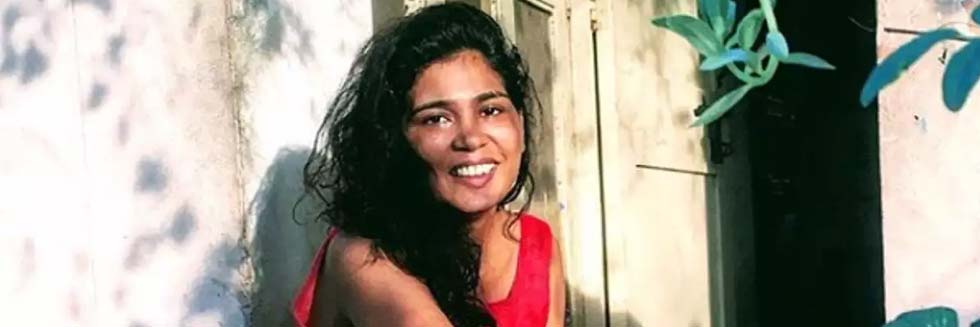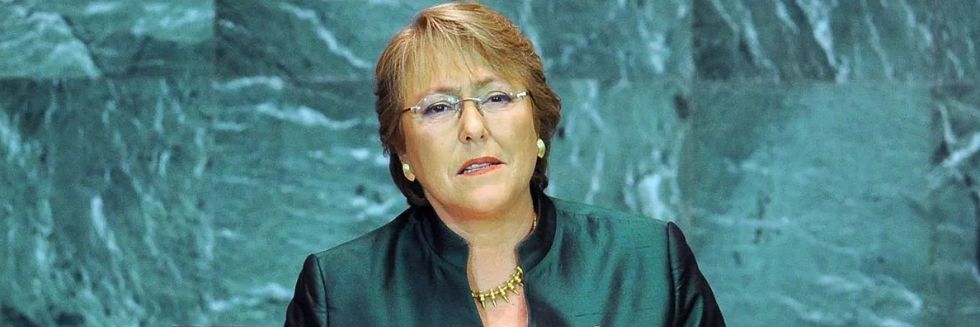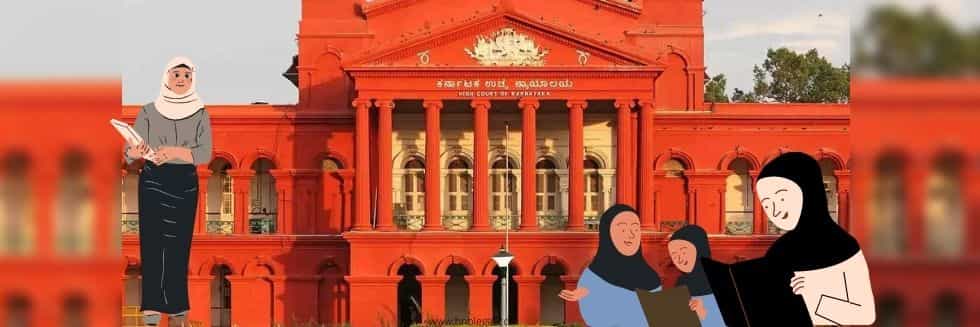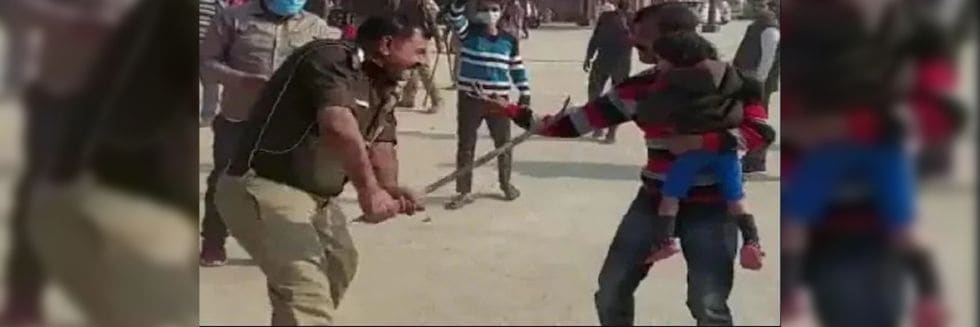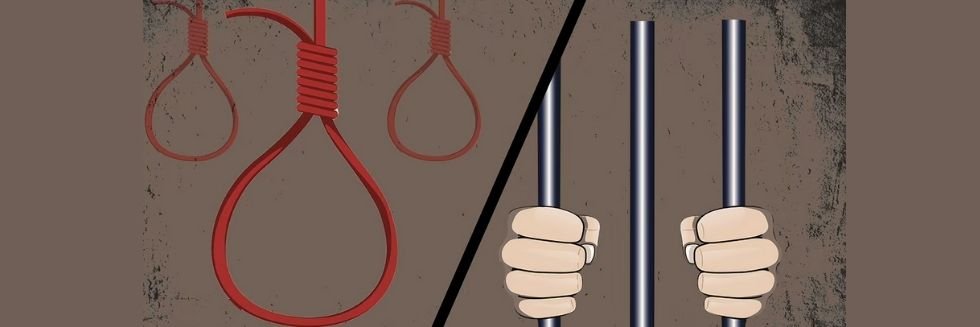On Monday, the Kerala High Court has observed that the use of the term, ‘Gomatha’ as a synonym for meat in a cookery show is prima facie likely to hurt the religious feelings of Hindus, who worship cow as a deity.
The bench headed by Justice Sunil Thomas passed strictures against activist Rehana Fathima who had uploaded a video of a cookery show on social media captioned ‘Gomatha Ularthu’, in which while narrating the recipe and preparation, she was seen repeatedly referring to the meat used as ‘Gomatha.’
Thus, she was booked under Section 153 of the Indian Penal Code for hurting the religious sentiments of a community in general.
“There cannot be any dispute that the term ‘Gomatha’ as is commonly understood is with reference to the holy or sacred cow. Scriptures quoted by the complainant show that, since the Vedic period, a cow is revered as holy as deities, in India. If it is so believed by several Lakhs of Hindus throughout the country, definitely, the use of the term Gomatha as a synonym for meat used in a cookery show, prima facie is likely to wound the religious feelings of those believers,” held the single-judge bench of the Kerala High Court.
“Choice of the word ‘Gomatha Ularth’ prima facie appears to be ill-motivated and purposefully made and that uploading of such a highly objectionable video for public viewing may affect the Fundamental Right of the devotees” asserted the court.
Further, the bench held that this act of Fathima was in violation of a bail condition imposed on her by the High Court in 2018 in another case relating to the publication of derogatory materials about Lord Ayyappa of Sabarimala.
Meanwhile, Fatima had contended that cow slaughter was not banned in Kerala and consumption of beef as food in Kerala was not prohibited.
The case against Fathima with regards to Lord Ayyappa of Sabarimala
During the mounting protests against the Supreme Court judgment which had allowed entry to all women to the Ayyappa temple in Sabarimala, Rehana, a telecom technician with BSNL and a left-wing activist had tried to enter the Sabarimala temple along with a woman journalist, on the third day of the temple’s opening after the historic order. However, she had to return due to massive protests.
After her attempt to enter the Sabarimala temple, Fathima was expelled from the Muslim community by the Kerala Muslim Jama’ath Council for “hurting the sentiments of lakhs of Hindu devotees.” Later, her house was allegedly vandalized by some unidentified men.
The Kerala High Court had earlier while granting bail to Fathima directed that she should not through print, electronic or visual media make, disseminate, share or forward any comment which has the propensity to affect religious sentiments of any community.
Fathima was also recently booked under Section 13 of the Protection of Children from Sexual Offences Act (POCSO) and Section 67B of Information Technology Act (IT Act), over a video showing her children painting on her semi-nude body.
Present application before the HC
The complainant in the Sabarimala case filed the present application before Kerala High Court seeking recall of the order granting bail on the ground that the contentious video uploaded by her on social media was in violation of the bail condition. It was contended that Fathima had repeatedly used the term ‘Gomatha’ intentionally to hurt the religious feelings of Hindus who consider cow as sacred.
Subsequently, the Kerala HC while agreeing with the petitioner that the use of the word ‘Gomatha’ was ‘ill-motivated and purposefully made’, observed that “Uploading of such a highly objectionable video for public viewing may affect the fundamental right of the devotees.”
It said that there was sufficient reason to cancel the bail on this ground, however, it refrained from resorting to such a step. “The arrest and detention of the accused in two crimes have not improved the conduct of the accused. Still, on a firm belief that she will start recognizing the rights of others also and that exercise of one’s Right to Freedom of speech and expression should not offend the Fundamental and statutory rights of others, am inclined to give her one last opportunity,” stated the HC.
The bench went on to put an absolute restriction on Fathima’s use of social media until the conclusion of the trial.
